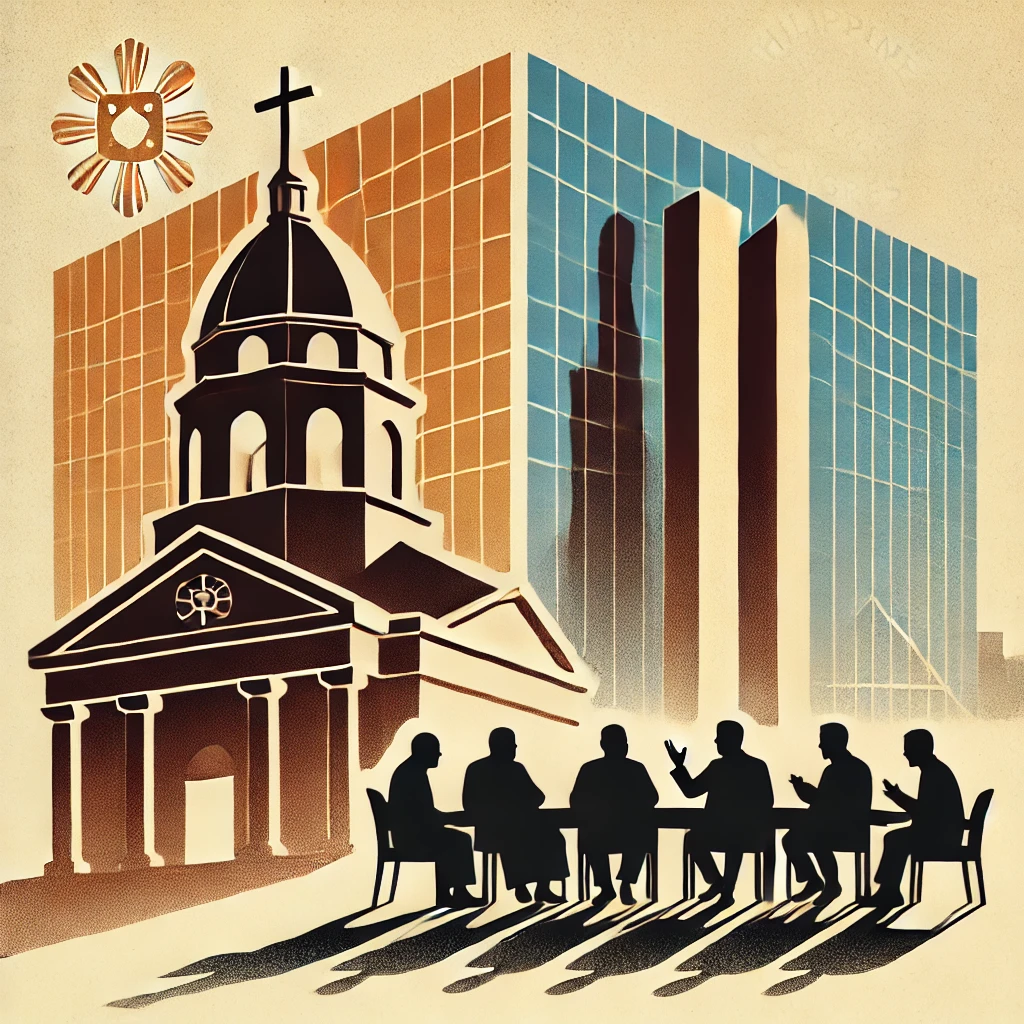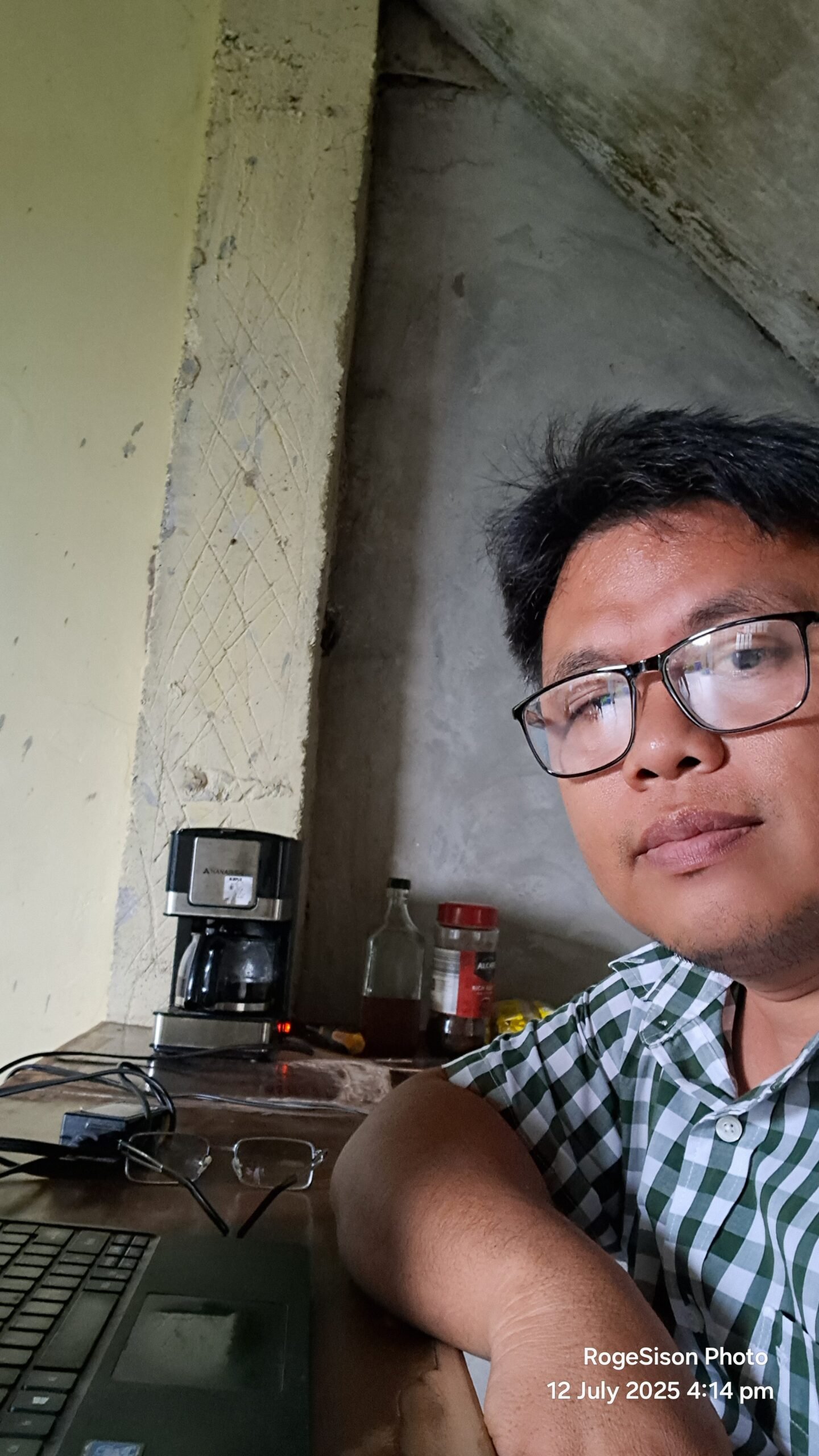
The Christian churches in the Philippines have long played a significant role in shaping society, advocating for social justice, and guiding moral values. However, in recent years, political divisions have increasingly fractured religious communities, creating an environment where ideological differences often overshadow faith and unity. This division, sometimes bordering on fanaticism, has led to an atmosphere of condemnation, where differing political views result in hostility rather than understanding.
Political Divisions Among Christian Churches
One of the most striking examples of this division is found within the United Methodist Church (UMC). The UMC’s Book of Discipline, particularly its Social Principles, lays out guidelines on various social issues, encouraging members to engage in political and social matters with justice and compassion. However, despite these principles, the church remains divided in its political views. Members interpret doctrine through different ideological lenses, leading to conflicts that reflect broader national political tensions.
This phenomenon is not exclusive to the United Methodist Church. Other Christian denominations in the Philippines also experience similar internal struggles. Political affiliations have become so deeply ingrained in church communities that disagreements over governance, human rights, and social policies have led to discord among congregants. Instead of fostering unity, some churches have become arenas for political polarization, mirroring the deep divisions seen in the country’s broader society.
The Western Influence on Political Thinking
Part of this division can be attributed to the Western influence on Philippine religious and political thought. The Philippines, having been colonized by Spain and later the United States, inherited a blend of European Catholic traditions and American democratic ideals. This fusion has shaped how Filipinos engage with religion and politics, often leading to an individualistic and polarized approach to political discourse.
Western-style democracy encourages free speech and political activism, which are essential for a healthy society. However, when these elements intertwine with religious belief, they can create a rigid and uncompromising stance on political matters. Instead of fostering dialogue, this has sometimes led to an “us versus them” mentality, where political opponents are viewed as enemies rather than fellow believers with differing perspectives.
Finding Unity Amidst Division
The challenge for Christian churches in the Philippines is to navigate these political tensions while staying true to their faith’s core values of love, compassion, and unity. Instead of allowing political ideologies to dictate relationships within the church, religious communities must focus on open dialogue, respect for differing opinions, and a commitment to social justice that transcends partisanship.
Christian teachings emphasize reconciliation and unity, values that should be at the forefront of any church’s mission. By prioritizing these principles, churches can work toward healing divisions rather than deepening them. Leaders and members alike must remember that political differences should not overshadow the fundamental Christian call to love one another.
Conclusion
The political divisions within Philippine Christian churches highlight a broader societal struggle with partisanship and ideological rigidity. While it is natural for religious communities to engage in political discourse, it becomes problematic when these differences lead to condemnation and hostility. By focusing on faith, compassion, and open dialogue, Christian churches can reclaim their role as unifying forces in society rather than arenas for political strife.
References
- United Methodist Church. (2020). The Book of Discipline of The United Methodist Church. United Methodist Publishing House.
- Candelaria, S. (2019). Faith and Politics in the Philippines: A Historical Perspective. Ateneo de Manila University Press.
- Abinales, P. & Amoroso, D. J. (2017). State and Society in the Philippines. Rowman & Littlefield.




